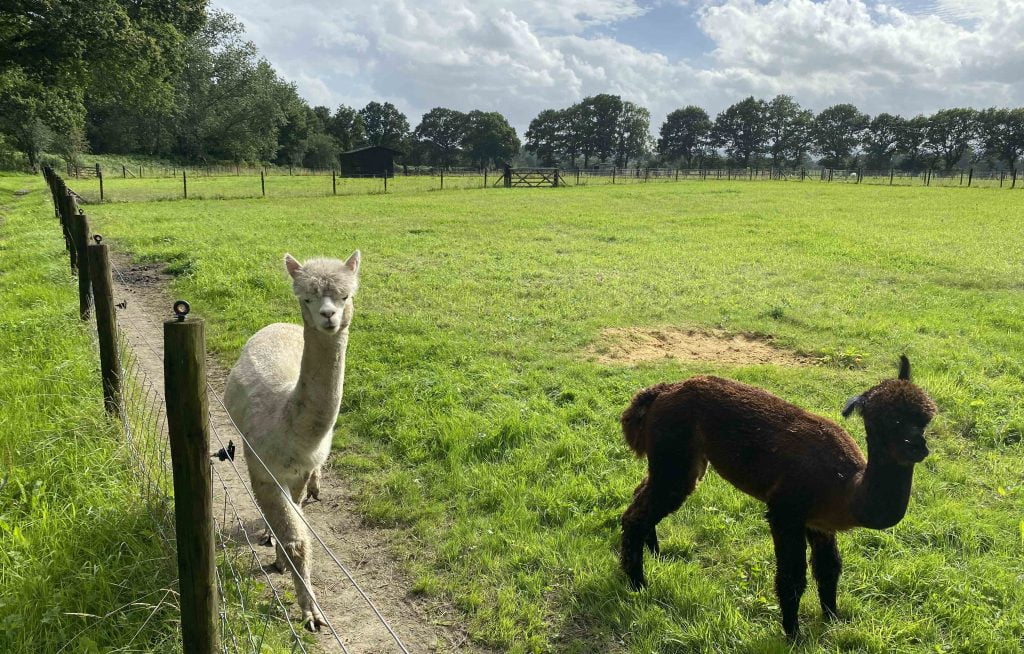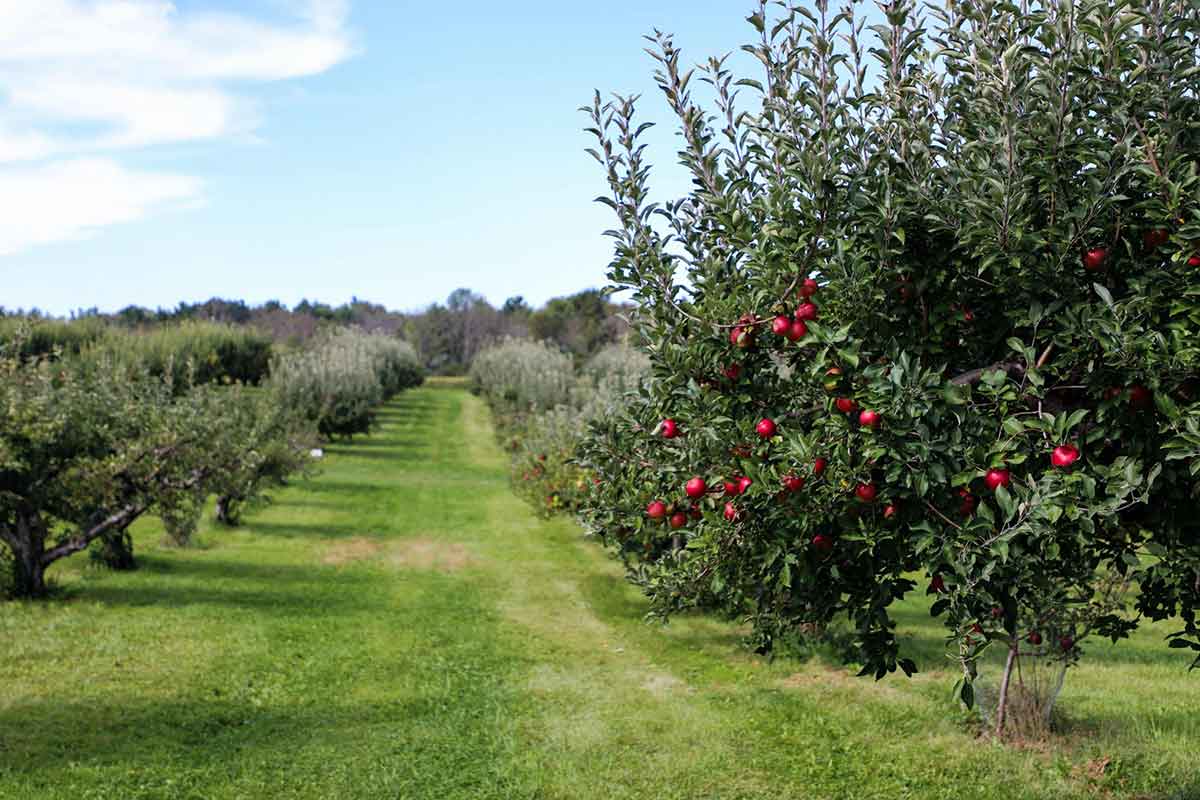If you want your smallholding to start turning a profit, there are many different avenues at your disposal — from alpaca farming to beekeeping. Here are some tips on making money from a smallholding – livestock ideas:
Smallholdings with livestock can yield various produce, including soaps made from milk, sheepskins, hand-knitted socks and quality meat. If you have the resources to meet the growing demand for local produce, investing in the right livestock could prove to be a profitable venture.
But the cost of superior breeds often comes at a hefty outlay. So, how can you make sure your investment will be worth it?
Investing in quality stock
The breeds you choose will dictate the produce you farm from them. It’s worth researching where you could sell your products and what breeds are in fashion; for example, Boer goats are currently being sold at a premium, as are Valais Blacknose sheep and Mangalitza pigs.
It’s vital to assess the space you have available and understand the work that’ll go into rearing your livestock. Animals need room to roam, but smaller animals can still thrive on smallholdings. For example, miniature Jersey cattle produce delicious, creamy milk, whilst Herefords make for a tender, high-quality beef.
There are also plenty of ways to make money from your smallholding that don’t involve meat farming. Animals can be a great draw should you open your smallholding to visitors, and harvesting wool can also turn a profit. But if you’re looking for somewhere to start, why not take on a flock of chickens and sell farm-fresh eggs? The Orpington breed is a favourite amongst smallholdings!
Tools of the trade
To support livestock on your smallholding, you’ll need to ensure you’ve got the right equipment to look after them.
You’ll have to look after fields and pastures to maintain the quality of the ground and the supply of grass for feeding grazing animals. A framed harrow rakes up the earth to remove unwanted growth, and a field roller then levels it out — the perfect equipment for refreshing the soil on small farms. Stone buriers are another nifty machine that can perform several different jobs simultaneously — from tilling the soil to burying stones, debris and breaking up clumps of earth — to improve ground drainage and aerate the soil.
You’ll also need to ensure your animals have access to water throughout your farm. Ripper and pipe layers are ideal for laying water pipes for water supply throughout a smallholding. The WRP1 is quick and easy to use, allowing you to plant pipes and cabling beneath the ground and avoid the cost of hiring a digger.
Are you embarking on a smallholding project of your own? Give us a call to discuss what equipment you’ll need with our friendly team.








